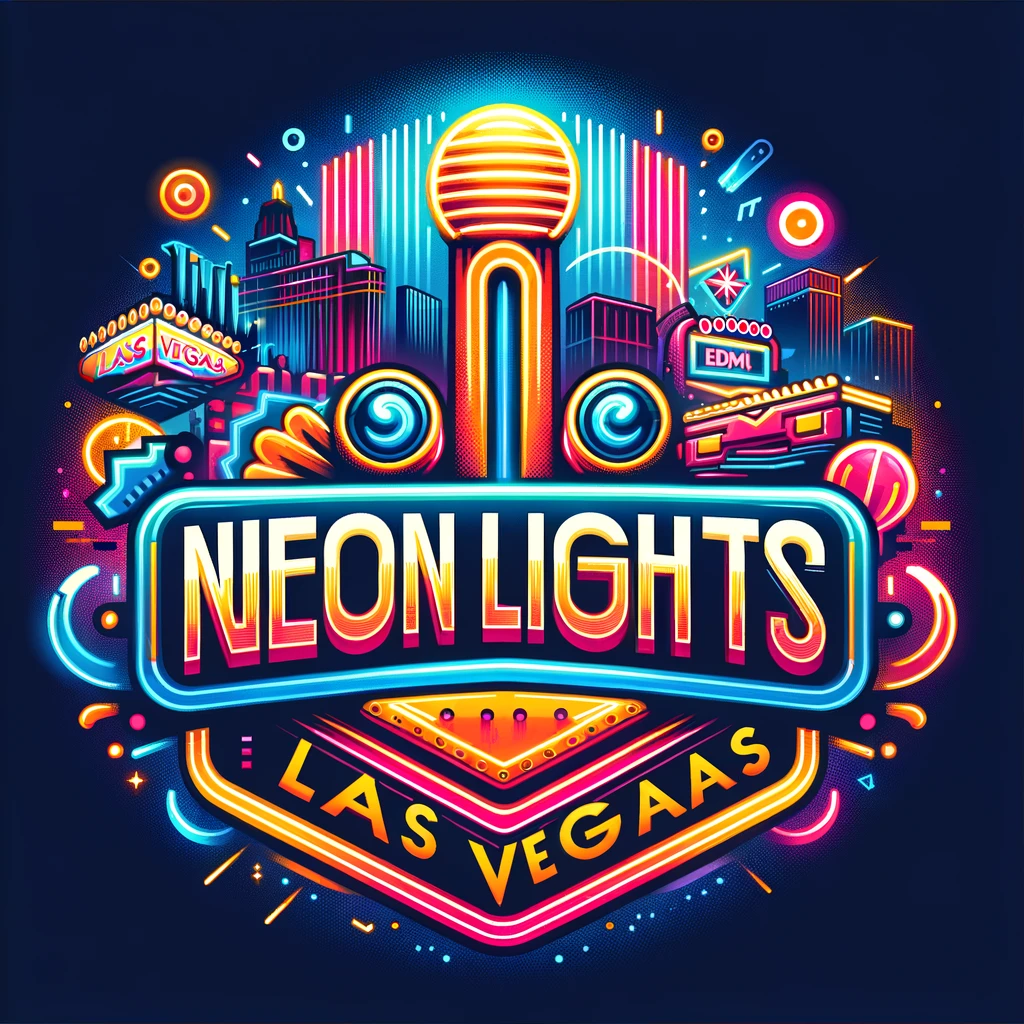
Hebru Brantley unveiled his “Black Odyssey” installation at this year’s SCOPE Art Show in Miami Beach. The Chicago-based artist explores the interplay between modern attitudes in social media and historical freak shows, exposing the ways spectacle and the commodification of people of color persist across eras.
The installation reimagines the circus as a stage for cultural critique, where characters like “Siamese Twins,” “Afro Mane” and “Frog Boy” embody themes of identity, persecution, and compromise. Anchored by a short film, the project delves into the legacies of entertainment, Blackness and family, juxtaposing past and present sensationalism to challenge perceptions of value and humanity.
We sat down with Hebru Brantley to discuss the themes he explored in “Black Odyssey” and various elements in his multimedia presentation at SCOPE, check out the exclusive interview below.
What’s the backstory of “Black Odyssey”?
“Black Odyssey” was an idea that I had a while ago. I wanted to do a large exhibition that showed the overlooked history of Black carnivals and freak shows while also exploring how information is sort of disseminated on social media. I’ve had conversations with my peers about this idea on how nothing is shocking right now. Everything is a spectacle and there’s no more shock and awe. The shock and awe lasts for, you know, a few minutes, until the next swipe of the thumb.
Another part of what I was exploring in this installation is the commodification of people of color, especially Black people. The expectation that, you know, we are entertainers, we are singers, we are dancers, we are athletes and that’s sort of all we are. The conversation around self improvement, self awareness, you know, like physical augmentations that we go through nowadays to keep up with the Joneses, to look a certain way, because, you know, society sort of demands it of us, or we feel some society is demanding it of us. A lot of that was sort of built into what “Black Odyssey” is.
What was it like working with SCOPE to create this immersive install?
SCOPE initially asked me if I wanted to do a booth and I told them that I’d rather have something that felt more like a world. I wanted to do an installation that allowed people to fully emerge into this idea and feel like they’re coming into a circus tent. Or if it’s like the entry point into another space, another world. It’s the sensationalism of today that I’m really speaking towards and again, juxtaposing that with the sensationalism of yesteryear and how vastly different yet the same that they are. I know that that’s maybe a little oxymoronic look, but, I think that’s pretty much it, man, I think.
“The work challenges reductive narratives and emphasizes individuality within collective identity.”
There are recognizable characters here such as Flyboy alongside new additions. Can you tell us more about the characters displayed here?
The works in this collection explore layered narratives through reimagined characters and cultural symbols. For instance, the Siamese twins piece functions as a traditional portrait but also reflects a time period that feels both specific and timeless. “Afro Mane” appropriates the imagery of a wolfman from carnival traditions, recontextualizing it into a symbol of pride and cultural identity rather than a spectacle of otherness. It celebrates the historical significance of the Afro as a powerful statement.
There are also recurring characters like “Frog Boy” which explores themes of identity and assimilation. The frog helmet acts as both armor and compromise, addressing the experience of navigating societal expectations tied to race and perception. Similarly, “Fly Boy” and “Lil Mama” reinterpret classic characters as a tap-dancing troupe, inspired by cultural institutions like Alvin Ailey.
Central to the series is a “Cyclops” mascot—a metaphor for the “monolithic” perception of Blackness. By placing this figure at the heart of the circus, the work challenges reductive narratives and emphasizes individuality within collective identity.
You also incorporated a short film in the installation. How is this film tied to the overall work?
The accompanying short film ties these themes together, reflecting on legacy, entertainment, family, and the journey of Black identity—where we’ve been, where we are, and where we’re going. Film, as a medium, reinforces these ideas and amplifies the storytelling behind the artworks.
Click here to view full gallery at Hypebeast
Westside Gunn’s 4th Rope Gears Up For Heels H4ve Eyes Event
Westside Gunn’s newly formed professional wrestling promotion 4th Rope will be producing the 4th installment of their Heels Have Eyes series of events tonight at Center Stage in Atlanta, Georgia. Matches scheduled to take place include a 3-way ladder match between TNA World Tag Team Champions The Hardy Boyz, GCW [...]| Play | Cover | Release Label |
Track Title Track Authors |
|---|
